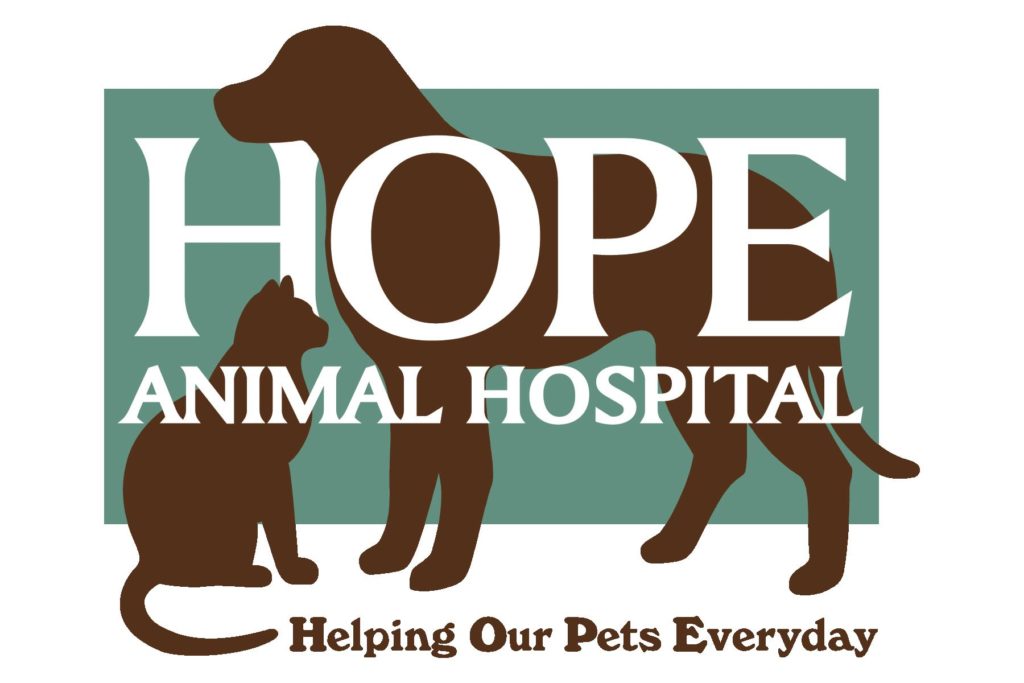Library
-
Food allergies can be problematic for many dogs, especially after years on the same diet. Clinical signs may manifest as gastrointestinal or skin problems. Some animal proteins are the most common causes and strict avoidance is the best way to treat affected dogs. An eight to twelve-week elimination diet trial on a special veterinary diet is the only definitive method to diagnose a food allergy and, in some cases, the veterinary diet may need to be continued long-term.
-
Adverse food reactions in dogs are either caused by food allergy – an immune response to something ingested or food intolerance – a non-immunological response to something ingested. Signs of food intolerance are usually only digestive in nature. Food intolerance will generally occur on the initial exposure to the food or food additive in contrast to food allergy which requires repeated exposures to develop. Different causes of food intolerance include food poisoning, or inappropriate ingestion of an irritant, reaction to food additives, histamine reactions, lactose intolerance and dietary indiscretion such as eating fat or bones. A dietary history is important in diagnosing these conditions.
-
Gastrostomy tubes are placed through the skin of the abdomen into the stomach to enable long-term nutrition in dogs that either refuse to eat or are unable to chew and swallow food. A special liquid diet or homemade mixture liquefied with water will be recommended by your veterinarian. Step-by-step instructions are provided. The decision to remove the tube will be determined by your veterinarian.
-
Skin and gut issues are problematic and can be caused by many things, including food allergies. The best way to identify food allergies is through an elimination-challenge diet trial, in which you eliminate potentially allergenic foods and treats for the length of the diet trial, then methodically add foods back into the diet to determine response. If a food allergy is identified, avoiding the food usually results in a good outcome, although some dogs develop new allergies in later years.
-
Once a pet has lost some weight, the new goal is to make sure that excess weight stays off. Pet parents who partner with their veterinary health care team for support and who focus on changing their behaviors often have the most success. Examples of some changes include using a different food or a different feeding method, focusing more on portion control, and incorporating some movement or activity time into each day. This article addresses several commonly asked questions about how to help a pet during the maintenance phase (after the weight has been lost).
-
Picky eaters are often created by their humans offering too much variety of food. It is safe for an otherwise healthy dog to not eat for up to a week. To decrease pickiness, having food available for only 15-30 minutes 2-3 times a day can be beneficial. Human food should not be used as a diet as it will lead to nutrient deficiencies. Certain foods are okay to mix with dog food to make them more appealing but check with your veterinarian before including these in your dog’s diet. Many dogs are not programmed to eat every day.
-
A nutraceutical is a food or food product that reportedly provides health and medical benefits. Specific nutraceuticals are commonly used in the management of osteoarthritis in dogs. Because nutraceuticals are not subjected to the same testing and regulation as pharmaceuticals, it is always best to consult your veterinarian before giving any to your dog.
-
Dogs are omnivores meaning that, under normal circumstances, dogs can meet their nutritional needs by eating a combination of plant and animal foods. Selecting a dog food can be a challenging task. Feeding your dog a proper diet for their life stage is one of the most important aspects to help keep them at optimal health. Your veterinary health care team can help you make good-quality diet choices and determine the correct number of calories your dog needs in a day.
-
Nutritional changes can improve the management and treatment of pancreatic diseases in dogs. To prevent chronic pancreatitis relapses, diet adjustments will be necessary. Diet factors for managing exocrine pancreatic insufficiency, diabetes mellitus, pancreatitis, and insulinoma are discussed. Recommendations for feeding diabetic dogs and approaching hypoglycemia are also described.
-
Chronic kidney disease is frequently diagnosed in aging dogs. Nutrition plays an important role in managing CKD in dogs. Commercial diets for dogs with CKD are developed to support kidney function while maintaining body condition. A kidney support diet contains less protein, sodium, and phosphorus, and increased omega-3 fatty acids. Your veterinarian will help you choose an appropriate formulation for your dog which will slow the progression of this disease, contributing to both life expectancy and quality of life.

